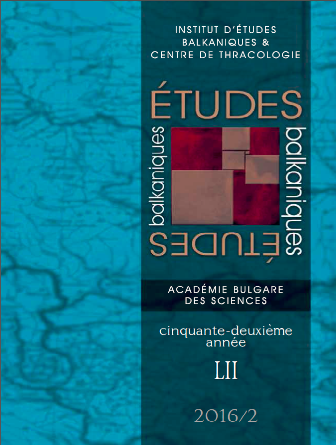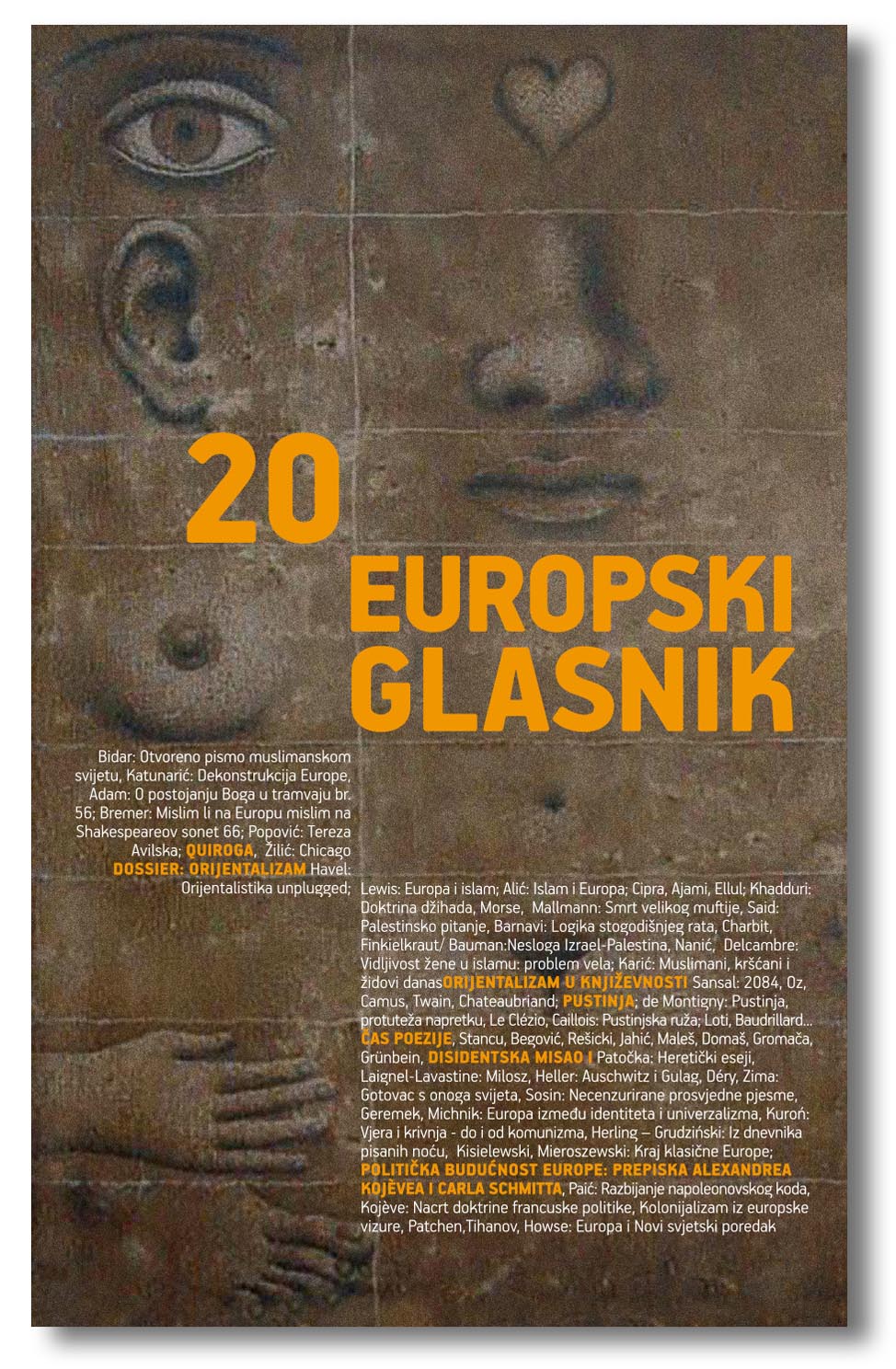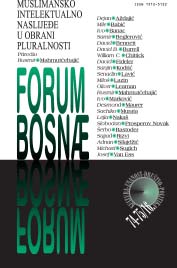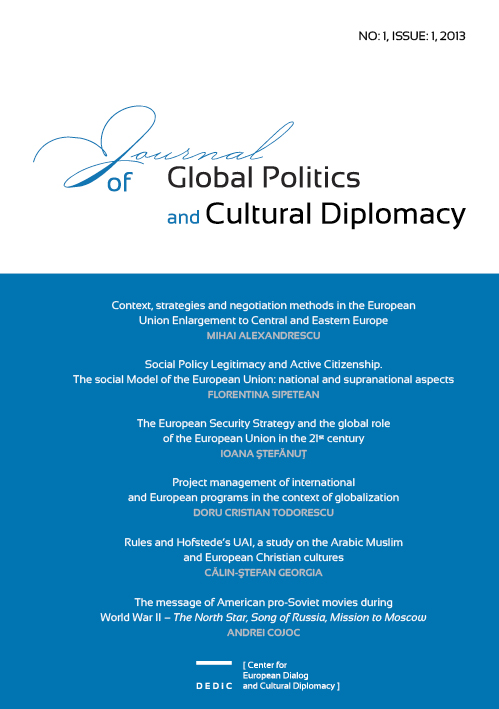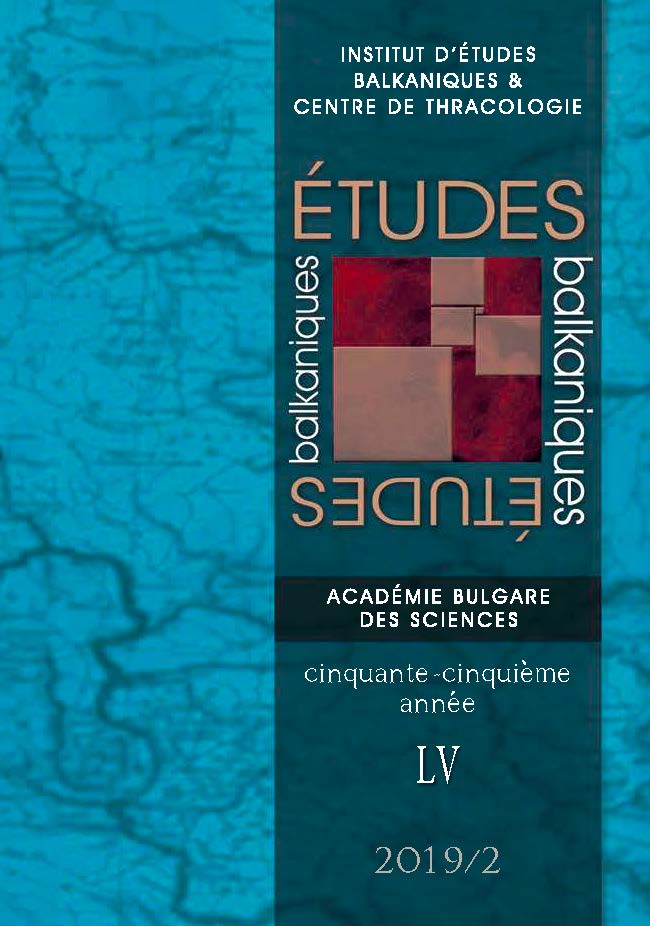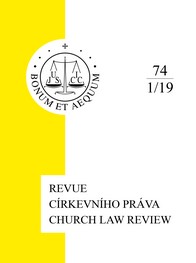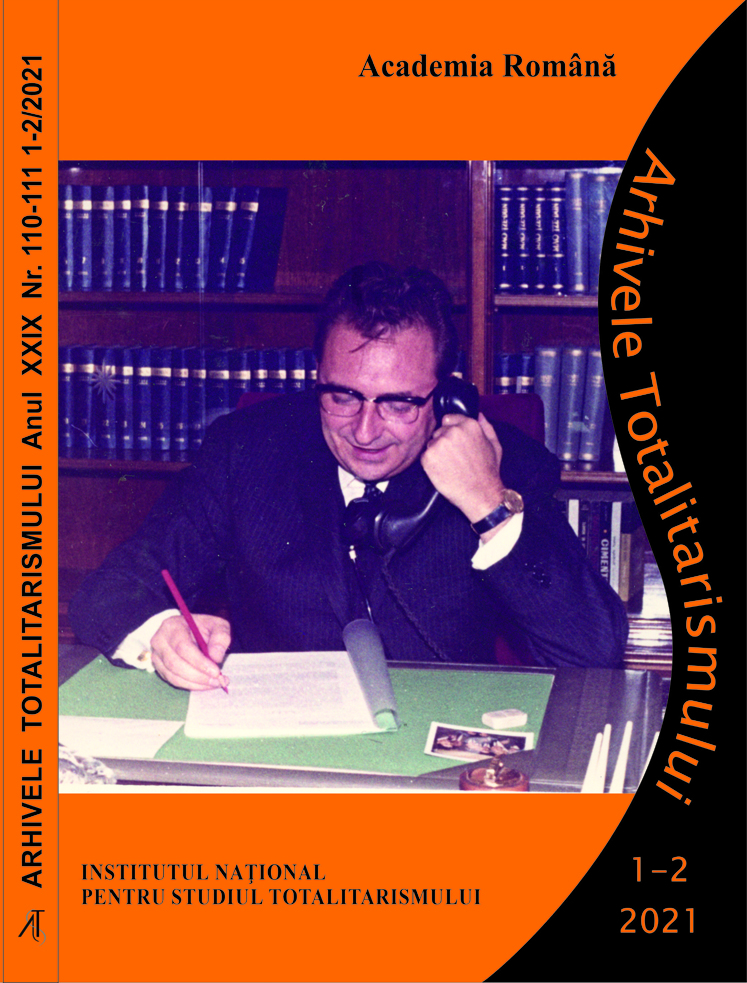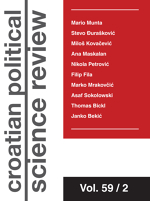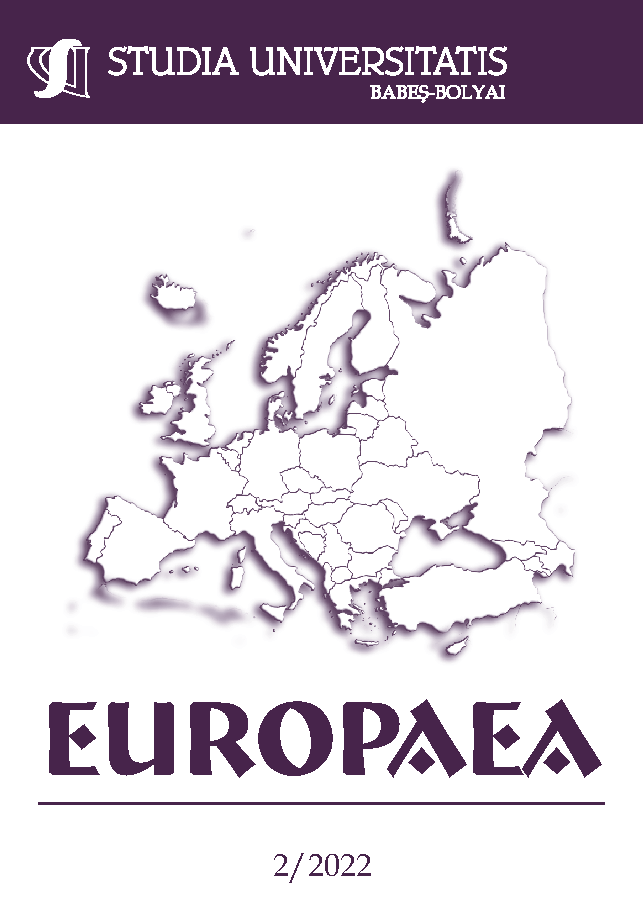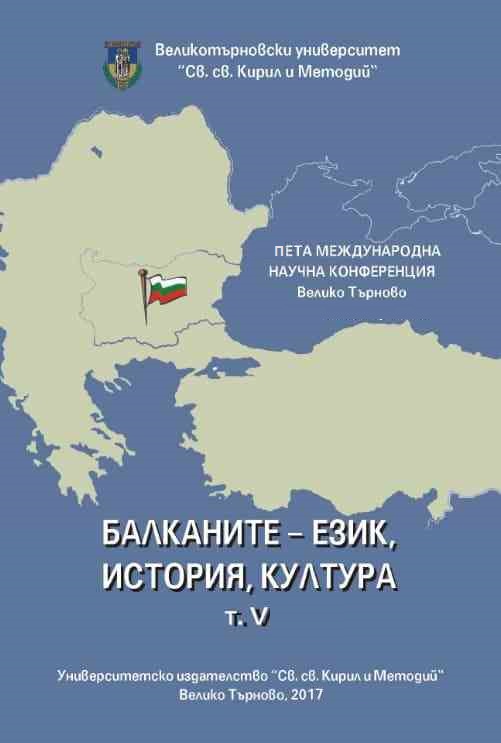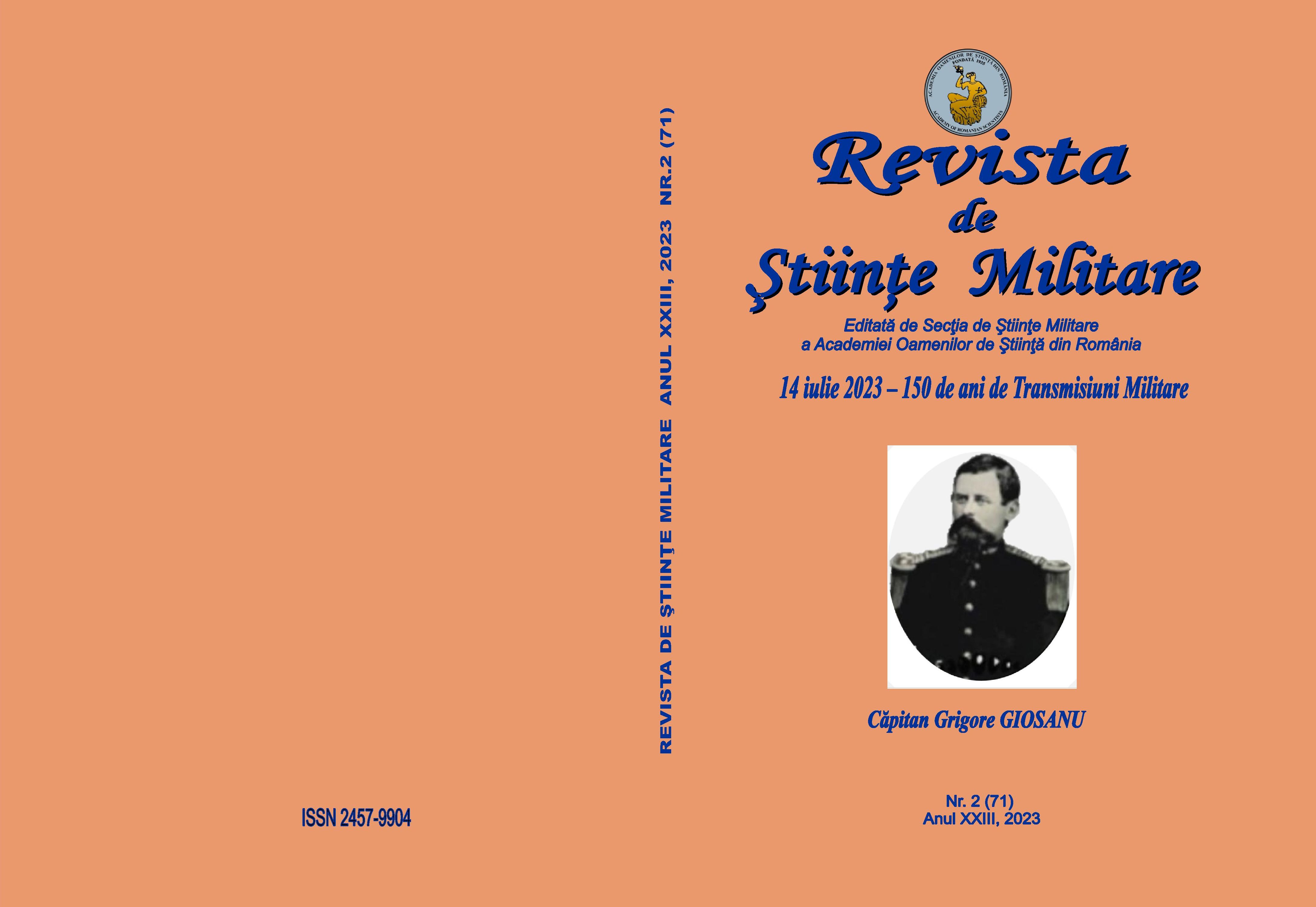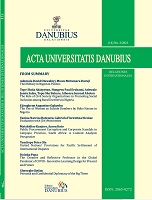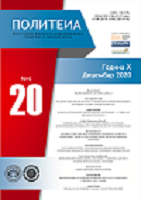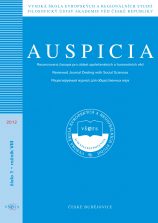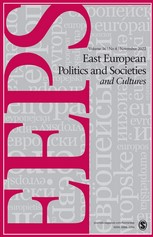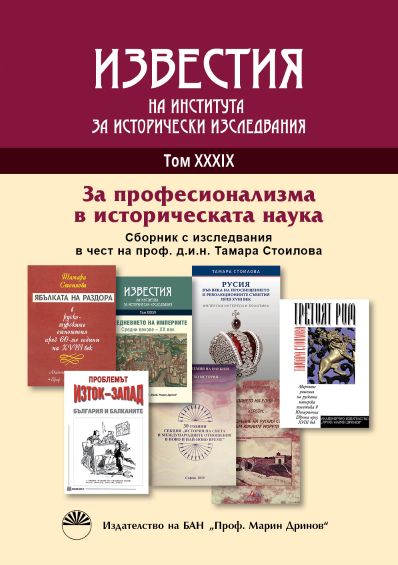Author(s): Yusaku Fukuhara / Language(s): Japanese
Issue: 71/2024
The European Parliament adopted the resolution ‘Importance of European Remembrance for the future of Europe’ (EP 2019/2557(RSP)) by a majority vote on 19 September 2019. The European Union’s (EU) perception of European history after World War II has been constructed based on the historical perspective of Western European countries regarding Nazi crimes and the victory over fascism. However, with the EU’s eastward enlargement, this narrative has been gradually changed with the incorporation of the historical experiences of Central and Eastern European countries (CEECs). As a result, the EU’s recent historical narrative has also incorporated accusations of crimes committed by the Soviet Union. This study analyses recent EP resolutions on common European historical narratives in this context. Although the European Parliament has discussed a common European historical memory and understanding on several occasions, the 2019 resolution has a distinctive feature not seen in previous resolutions: harsh criticism of the current Russian government for engaging in the distortion of history and hybrid warfare through means such as the spread of disinformation. In other words, the resolution’s criticism of Russia extends beyond the EU’s (re)construction of historical perceptions and in this sense was adopted for political purposes. However, this raises the question of the dynamics behind the scenes, for to understand recent developments in the politics of European memory, it is important to analyse the political dynamics in the European Parliament. Previous research has focused on the role of ‘memory entrepreneurs’ who have actively exercised their influence to reconcile different historical memories between Western European countries and CEECs. These scholars have pointed out that some Members of the European Parliament (MEPs) from CEECs have used their influence to incorporate narratives of the criminalisation of communism into the EU’s common view of historical memory during the construction of a common European history. However, the last resolution discussing the common European memory was adopted by the European Parliament in 2009, and no equivalent official documents have since been discussed by the European Parliament. Although the 2019 resolution was the latest official document from the European Parliament discussing a common European history, there have been only limited attempts by scholars to analyse the relationship between political dynamics and changes in the current European Parliament and severe criticism of the current Russian government on its internal and external policies as well as the equivalence of Nazism and Stalinism. This study analyses the 2019 resolution as an example of one of the most comprehensive outcomes of the EU’s discussion of memory politics by examining plenary discussions and draft resolutions written by various European political party groups, as well as roll-call votes, focusing on the activities of ‘memory entrepreneurs’. Special attention is paid to the fact that some MEPs from CEECs played a crucial role in incorporating discourses on the criminalisation of communism and criticism of the current Russian regime into the EU’s common historical memory. This study elucidates how the 2019 resolution was formulated by focusing on the political process of the adoption of the resolution, as well as the activities of MEPs who were actively engaged in the process. This study finds that the Lithuanian MEP Rasa Juknevičienė, an influential memory entrepreneur, led the resolution process on behalf of the European People’s Party (EPP) group. In addition, this study sheds light on the influence of a prominent retired political figure, MEP Tunne Kelam from Estonia and the EPP Group, who was also an influential memory entrepreneur, on the political process of the 2019 resolution debate. Simultaneously, the European Conservatives and Reformists (ECR) group, led by several memory entrepreneurs from CEECs, successfully implemented a strategy of integrating the criminalisation of communism and the condemnation of the current Russian government into the common European historical discourse. They achieved this political goal by effectively utilising the European Parliament’s procedures and cooperating closely with the largest political group, the EPP. The success of the ‘memory entrepreneurs’ from the CEECs is also the result of continued attempt by some centre-right and conservative ‘memory entrepreneur’ MEPs from CEECs to reconstruct the framework of common European history at the European political level.
More...
